Automotive marketing post-COVID: Accelerate, brake, clutch, accelerate
Prof Veena Kumar, Director, Competitive Edge Consultants, examines the evolving customer behaviour post-pandemic and the response of automotive companies. She advises players to emphasise on empathy, keep costs down, talk to the entire family rather than appealing to individual desires, bring new solutions and prepare for a variable pace of recovery in the months ahead.
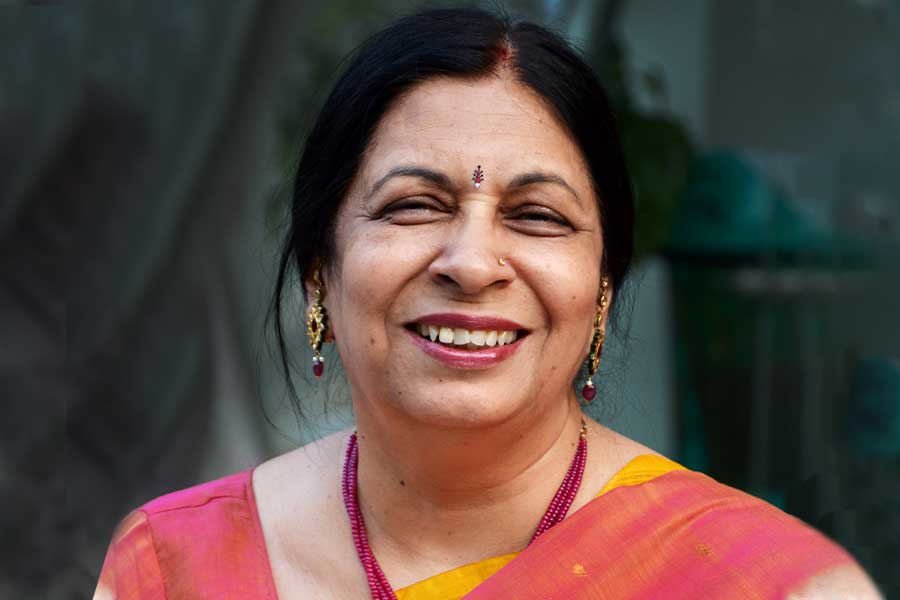
“It is amazing how the world economy is likely to collapse just because people are buying what they really need!”
In times like these, when businesses and consumers face the double whammy of a difficult present and an uncertain future, it is equally amazing and pleasing to note how people manage to keep the humour alive! And that’s the way it should be.
For the Indian automotive industry, however, the statement does present quite a serious conundrum. With the daily rise in cases and a sharp fall in the GDP, the consumer engine that has fuelled its fortunes over the past few years risks coming to a grinding halt, as it comes, quite prominently on the list of products that we commonly regard as conspicuous consumption.
COVID-19 struck when the industry was already reeling from a stagnation in growth during the previous fiscal, due to a weak demand scenario, NBFC liquidity crisis, new axle load norms, increased acquisition costs, etc. With the dawn of the crisis, passenger vehicle sales in 2020-21 are expected to reach 19,14,000 units, less than the sales recorded at 19,51,000 units in 2009-10.
Post the disastrous first quarter of this fiscal, brands are shifting from survival to revival strategies. They are now cranking their marketing engines to lift consumer sentiment and capture emerging demand.
Consumer behaviour
In good times as well as bad, the basics of marketing remain pretty much the same. Companies that understand and respond best to customer demands (expressed or otherwise) stand to gain the most. Therefore it is very important at this juncture to understand how consumers are thinking about their present and future, and how it will impact their behaviour, especially with regard to discretionary purchases like automobiles.
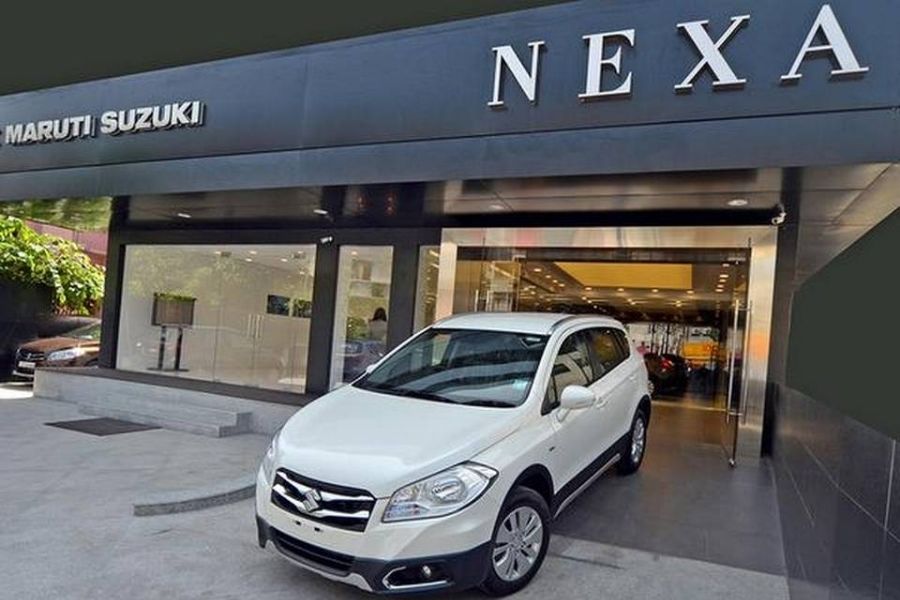
Research inputs and media coverage over the past few months give you one clear indication – customers are going to cut back on expenses and move from desire to need. But on the other hand, they are willing to pay more for safety and small indulgences that make them feel good. Discretionary spending is one area, where firms are trying hard to grab a substantial share of the consumers.
Interestingly, a Cardekho survey reveals that nearly 38% of respondents are looking to purchase a car, new or old, as soon as the lockdown is lifted. Those using cabs to commute earlier now want to buy a car for the family and a two-wheeler for shorter runs. As an alternative to public transport, even an SUV serving many purposes appears to be an attractive buy.
Overall, nearly 55% of those using cabs are expected to shift to private cars. Of those using public transport, nearly 48% are expected to switch to cars and 19% to two-wheelers.
In India, the pre-owned car market has traditionally been much larger than the new car market, with 1.5 used cars sold for every new car in the country. The segment is expected to become even larger to reach 6.7-7.2 million units by 2022.
Overall, consumer behaviour in the present pandemic can be summarised as follows:
- Consumer motivation is moving from desire to need – Frills at your own peril.
- Value is the critical parameter for evaluation, not price – Daam nahin Kaam bataao
- Hope and not fear creates bias for action – ‘Positive’ is not a bad word
- Family again drives decision making across cohorts – Circle of trust
A digital transformation in the making
The growth in digital has been a constant feature across sectors in the post-COVID period, and the automotive sector is no different. In the metros and big towns of India, nearly 60% of the buyers choose digital, which is now expected to rise to 90-100%. In this regard, it is important that brands impart digital learning and catalogue-based service.
For tier 2 and 3 towns, the trend of walking into dealership would continue for some more years. The dealer is the local representative of the brand, handholds the customer through the purchase including registration of the vehicle and finally, takes care of the service.
The industry is now headed for a business transformation towards more online marketing and a hybrid or omni-channel approach. For Maruti Suzuki India nearly 45% of the enquiries today are coming from digital channels, up from 13% in 2018-19. This could spell trouble, even extinction, for India’s 15,500-strong network of dealers (under FADA).
New non-traditional showroom formats and D2C platforms could now become a crucial part of delivering a true omni-channel experience. Hybridisation of dealerships with greater ‘phygital’ play would become the norm. Brands are pushing online shops and services like order-a-car at home, digital sales concierge and ‘phygital’ dealerships.
Marketers have advertised their return to business by touting the efficiency and convenience of their own digital platforms, cutting off the ties binding the brand to local dealerships. From promoting amateur talent to contact-less sales experiences, auto brands go all out to create customer affinity with a band of invisible salesmen.
Approach is also altered by the pace of ‘digital interventions’ to transform the entire customer experience journey. #MercFromHome is an example of a digital sales initiative. Brands are marrying the digital with the physical supply chain, enabling customers to access information about components, after-sales service and support at the click of a button.
Plans are afoot to convert all the functions of aftermarket service: parts availability, financial services, a fast-updated learning solution – into a digital system to offer last-mile support. A garage might double up as a financial service provider and retailer for all types of spare parts and auto components.
Care, connect, collaborate
Empathy is clearly the buzz word, as exemplified by the success of Hum Haar Nahi Maanenge – a charity single by A R Rehman and Prasoon Joshi in association with HDFC Bank. In this trying period, customers would love to see the human side of the brand.
Companies unleashed a barrage of social awareness and affinity building campaigns, offered assistance and lent their support to various causes. Advertising is seen as an alternative positioning platform to extend the scope of the brand beyond the remit of just wheels on the road. In such a period, it is pertinent for communication to value the simple pleasures of life and talk to a family as a whole; rather than catering to the individual desire for status or speed.
Tata Motors, Maruti Suzuki, Toyota, Morris Garages, Kia Motors exhorted customers to play board games, create and share videos, add colour to their possessions with do-it-yourself videos on how to sew, paint and remodel old goods. Mercedes Benz tagline showed a parked model of its car that said, “Another Mercedes stands for safety”.
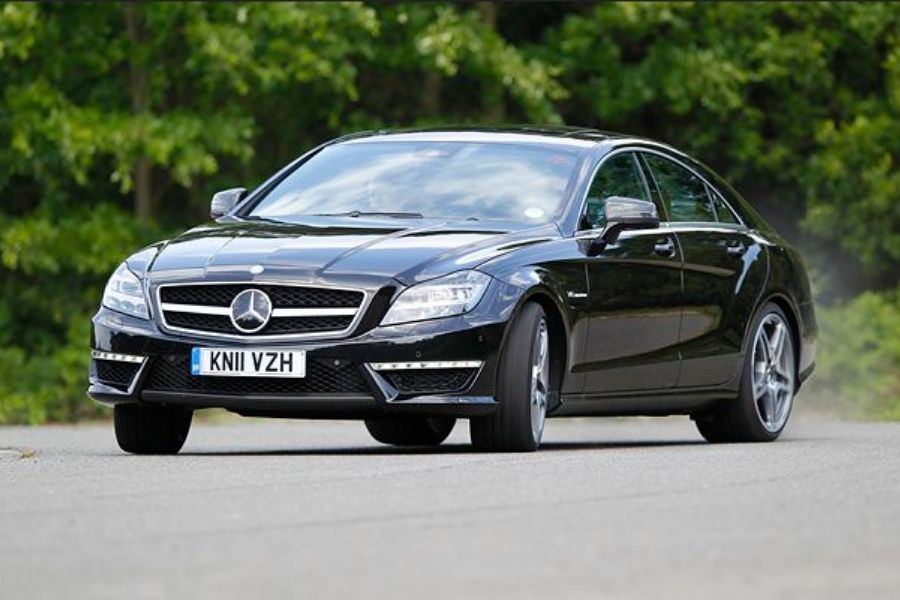
Maruti Suzuki also launched the ‘Call Ranveer’ campaign that lets customers talk to their favourite celebrity and a recent campaign on Swift Limitless Stories. Ford India and Honda India worked with activities that would encourage children to stay indoors and stay occupied. Toyota asked people to pick up their favourite musical instrument, while Tata Motors had a ‘gibberish challenge’.
Tata Motors changed track from being in active sales mode and ran a campaign on caring for the Nexon EV during the lockdown. Castrol India also ran social media campaigns of #HangUpYourKeys and #SaluteTruckers to keep in touch. Jeep is still active on Instagram with regular gardening lessons for its followers and the slogan ‘Right now you can go anywhere, but only in your dreams’.
Circa July 2020, they are now moving from survival to revival strategies. There is a strong emphasis on incentives that merge branding goals with sales objectives, like the 90-day moratorium offer by Mahindra & Mahindra for doctors and women. It is also offering 100% on-road financing and an eight-year loan turnover for Corona warriors.
From the TVS moped to luxury brands Benz and BMW, all have a variation of an instalment-discount scheme. MG Motors has partnered with online portal Myles for making Hector available on subscription. It has further entered into an alliance with CarDekho for a buyback program, wherein customers are promised 60% ex-showroom price after three years. Tata Motors has given a 6-month EMI holiday.
Road ahead
Given the pandemic situation and the response from automobile brands to stimulate customer brand preference and purchase intention, the following major learnings emerge wrt marketing strategy for automotive brands:
- Re-evaluate pillars of brand communication to emphasize empathy: let the country know we’re in this together
- Brand should value the simple pleasures of life and talk to a family as a whole, not to the individual desire for status or speed
- It is necessary to keep fixed costs down to become more sustainable. This would mean more digital, less brick-and-mortar and more work from home.
- Need to ensure the health and safety of the workers to give them the confidence to come back to the job
- New solutions are welcome – Normal to try the ‘new’
- Recovery will be with variable pace – Accelerate. Brake. Clutch. Accelerate
Prof Veena Kumar, Director, CEC, is an established Management Consultant, with 30 years of experience in Corporate Training, Research, Management Education and Consultancy.
She is engaged in conducting in house as well as open training workshops in the Sales and Marketing as well as Behavioral disciplines for organizations. To name a few: like Tata Power Solar (Noida & Bangalore) Map My India, TERI, NetWork 18, Samsung, The Lodhi Hotel, HPCL, Jindal Steels, Jabra Innova, HCL Info systems Ltd., DP Jindal Group, Oberoi Group Of Hotels, Honda SIEL, HCL Radico Khaitan, RMS Technologies etc
Strategic Selling Skills, Negotiation Skills, Customer Relationship Management, Competency Mapping, Strategic Marketing, Training The Trainers, Customized MDPs, Managerial effectiveness, Presentation Skills, Problem solving and decision making, Professional & Personal Effectiveness etc. are some of the areas for which she has been conducting training workshops. She has a very rich teaching experience as a Visiting Faculty to prestigious Management Institutes of Delhi.







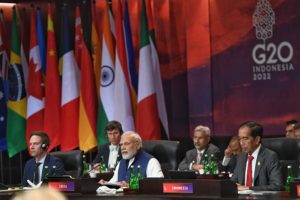

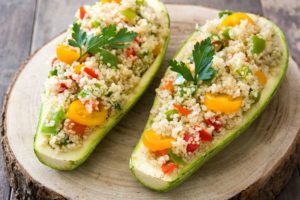



Leave a comment